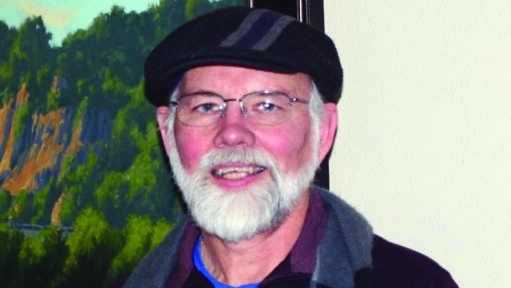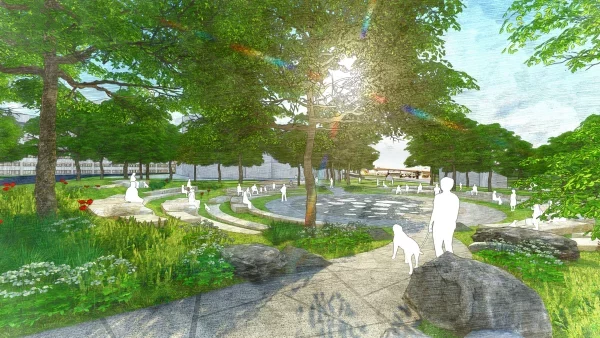The power of truth telling
Building an Antiracist Community
The power of truth telling
It was a lie, based on a theft. Neither the theft nor the lie to cover up the theft was well hidden. But, then again, the capacity of most second graders to mask theft and deception is limited. My notebook was missing. Sitting on the desk next to mine was an identical notebook. Nancy Carlson was away from her desk, but her name was clearly written over a dark smudge mark, the type of mark left when one attempts to erase what was there before. With closer inspection, I could see the remnants of Timmy Johnson pushing out from the shadows of dark gray. This was my notebook. It had been stolen, and the thief was attempting to cover up the theft with a lie. Young children often speak with a moral clarity that is too often abandoned by adults. At this young age and with the conviction of having been wronged, I spoke an authoritative truth. “Nancy Carlson stole my notebook and wrote her name on it”. The notebook was returned, and Nancy learned an early lesson about stealing and lying.
A lie based on a theft is an apt description for how Roxanne Dunbar-Ortiz, author of Not A Nation of Immigrants, would characterize the dominant strand of U.S. history still being taught in schools. The lie is the notion that the early wealth of this nation was based primarily on the hard work of settlers and that this ‘boot strap’ individualism remains the source of wealth, both for individuals and for the nation. With the moral clarity of a second grader, whose tablet has been stolen, Ortiz writes, “White nationalism was inscribed in the founding of the United States as a European settler-colonial expansionist entity, the economy of which was grounded in the violent theft of land and in racial slavery.” In other words, look below the history that has been smudged out and written over, and what one discovers is the substantial wealth stolen from the labor of enslaved Africans and the land of Indigenous people.
In Minnesota, the State flag is one place among many where it is possible to see the continuing efforts to conceal the truth about the theft of Indigenous land which has taken place. The smudging of history depicts a warrior gracefully riding off into the West, while a colonial settler plows what was believed to be unutilized land. The State flag image reinforces the idea of white settlers having a Manifest Destiny to claim and conquer the land and people, while hiding the reality of that theft accomplished through coerced treaties, broken treaties and genocide. Manifest Destiny is an assertion that is no more valid for white colonial settlers than it would be valid in the clear-eyed moral vision of a second grader.
The New York Times recently reported the U.S. highway system is in many places, particularly urban cores, built on the destroyed communities of Black and Brown people, who were at best given a fraction of their properties values while being denied access to housing in largely white communities. It was theft, covered by the lie of progress, a progress that applied to one group of people but denied to others. The dream of a land bridge over Interstate 94 reconnecting the Rondo community is an effort to begin facing this truth.
It should come as no surprise there is substantial resistance to all this truth telling. If lying and stealing is part of one’s history, there can be strong motivation to maintain the lie and protect the theft. But, as I learned in second grade, there is a power in truth telling. The more folks who are willing to speak up and speak out, the harder it is to ignore those voices.
“The Power of Truth Telling” is the theme of the 2022 annual Overcoming Racism Conference held at Metropolitan State University on Nov.11-12. The Friday keynote presenter is Hmong American, writer, film maker and teacher Kao Kalia Yang. The Saturday keynote presenter is JUSTmove, David Scherer and Joe Davis, who are performers, educators, storytellers and trainers who facilitate racial justice and healing through the arts. There are over 40 workshops from which to choose in the afternoons. To register simply go to overcomingracism.swoogo.com/frec2022.
Tim Johnson is a retired pastor for United Church of Christ.




